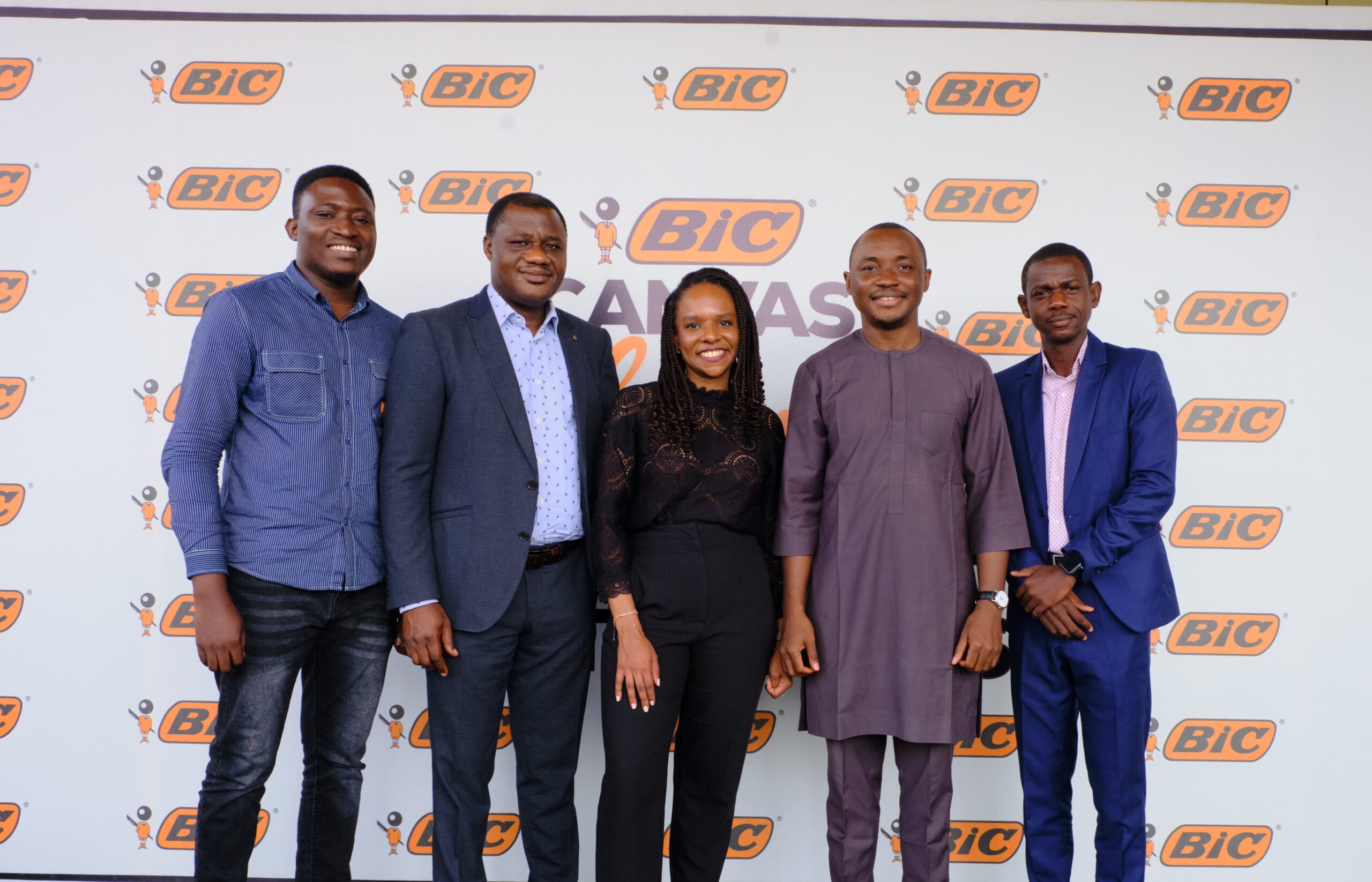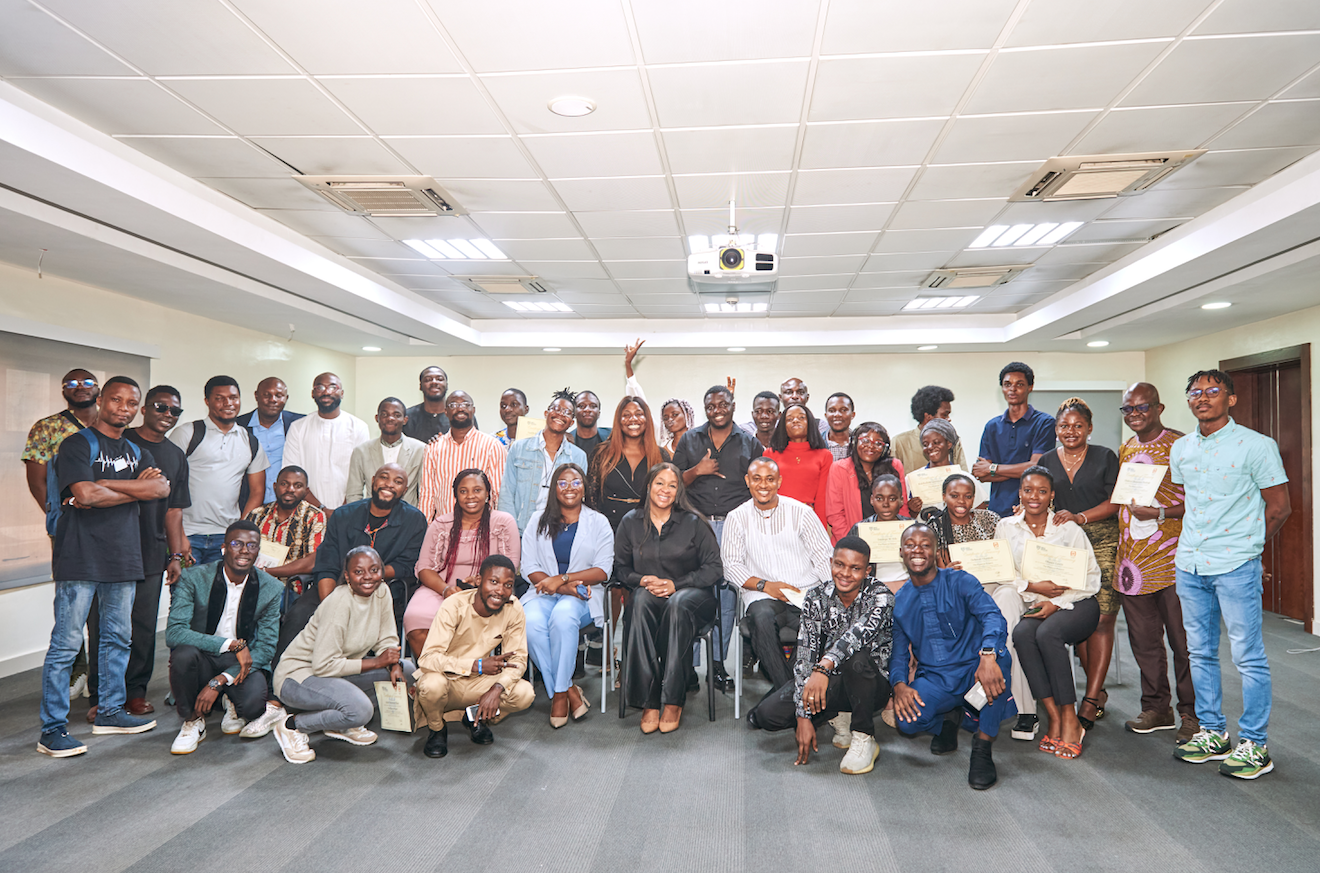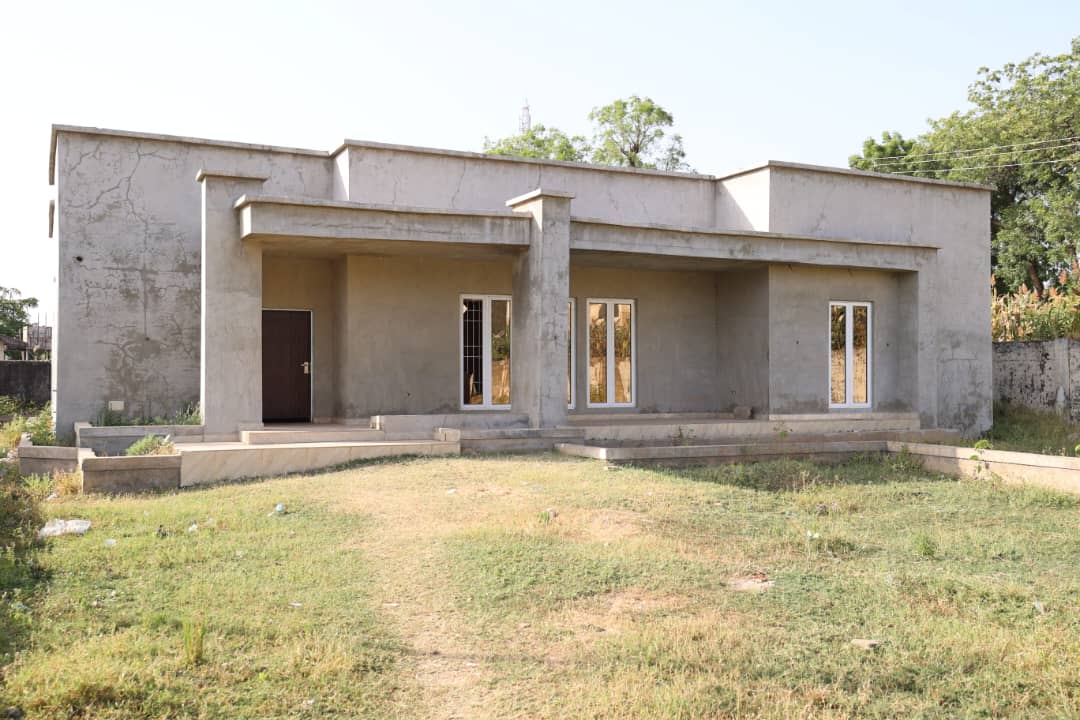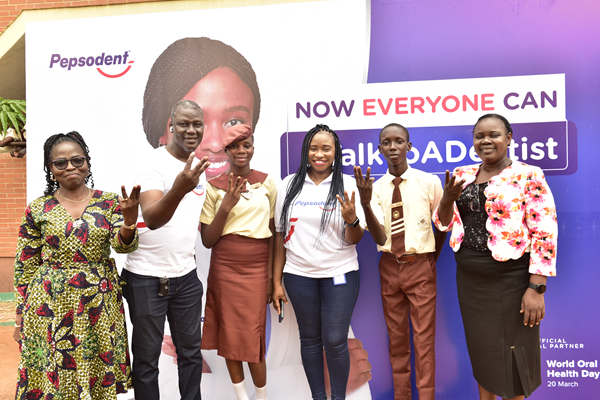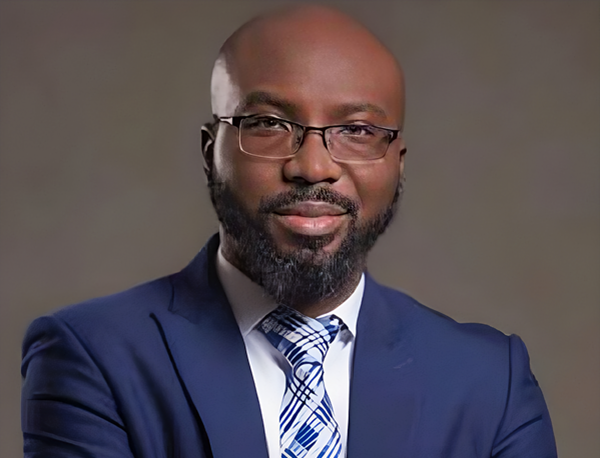In our constantly evolving world, education has had to move with the tides, necessitating a switch from stringent traditional methods and techniques of teaching to flexible out-of-box methodologies. This switch, as exemplified by data reported over the years, is crucial to the employability of young people in today’s job market.
Creativity, non-traditional teaching methods, and the workforce
As stated by the Managing Director of Trace Academy, Femi Taiwo, at the latest Masterclass held by BIC for teachers in Nigeria (under the Canvas of Change initiative) workforce skills are shifting to require more creativity. This incorporates complex information processing and interpretation; advanced IT skills; and an increasing ability to lead and manage others. Top recruiters in today’s Nigerian job market are increasingly searching for such skills.
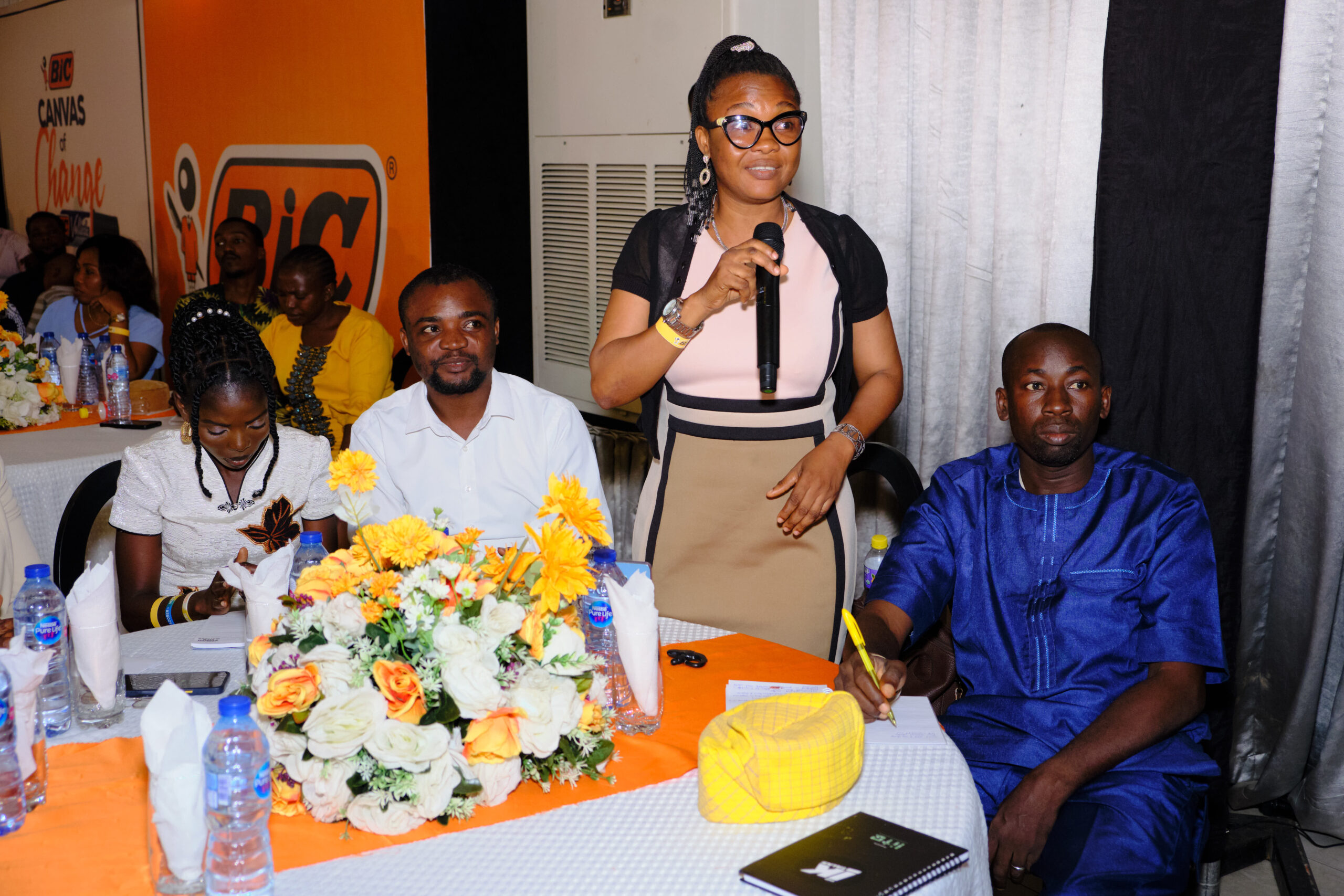
According to a survey referenced during Taiwo’s session on ‘Developing Future-Ready Teenagers’, 90.9% of recruiters stated that they prioritize problem-solving skills; 86.4% prioritize communication skills; 77.3% analytical skills; 54.5%writing skills; 50% presentation skills, and 59.1% digital literacy skills.
Mirroring these figures, a recent list of top in-demand skills curated and published by global business and employment platform, LinkedIn, reveals management, communication and leadership skills as highly sought after by employers and recruiters today.
The need for such skills has rippled into a necessity to prepare students for the future of work and social life. In Femi Taiwo’s words: “Teachers today need to be better equipped to shape the attitudes, aspirations, and skills of students, positioning them to harness the opportunities presented by the increasingly digitized and flexible nature of every nation’s socio-economic fabric.”
Soon, navigating any socio-economic scene will require a penchant for lifelong learning as well as an adeptness with effective communication and collaboration skills – the backbone of any organization. Data from Forbes Advisor reveals that ineffective communication is the bane of any organization. A survey conducted by Forbes Advisor reported that 49% of respondents stated that ineffective communication impacted their productivity; 50% mentioned it affected job satisfaction; 42% stated that it affected their stress levels; and 40% reported that it adversely affected their trust in leadership and their team. Accordingly, it’s imperative that students are trained to effectively communicate.
Comprehensive learning cycle

At the same event, Olasunkanmi Opeifa, Teacher and Program Coordinator for Olusunkanmi Opeifa Educational Foundation, focused on putting this into practice and held a training session around the importance of communicating with impact. In his session, Olusunkanmi stressed the fundamental pillars of effective communication: assessment, feedback, and feedforward, that prepare students to be forward-thinking, goal-driven, and agile in today’s fast-paced professional environment. Stressing on the importance of feedback and feedforward in developing students’ mindsets and attitudes, Olusunkanmi said: “These twin engines foster minds that are predisposed to setting goals and facilitate dexterity by developing effective strategies and approaches to navigate complex situations. All the while engendering self-assessment that catalyzes the development of crucial life skills.”
According to the United Nations Educational, Scientific and Cultural Organization (UNESCO), assessment is crucial to ensuring the educational sector enjoys a holistic impact that encompasses students, teachers, and parents. When conducted properly, it provides data, insight, and evidence required to validate learning, improve curricula and pedagogy, and allocate resources amongst a range of stakeholders including learners and their families, teachers, school administrators, service providers, and local communities.
Learning to remember or learning to create?
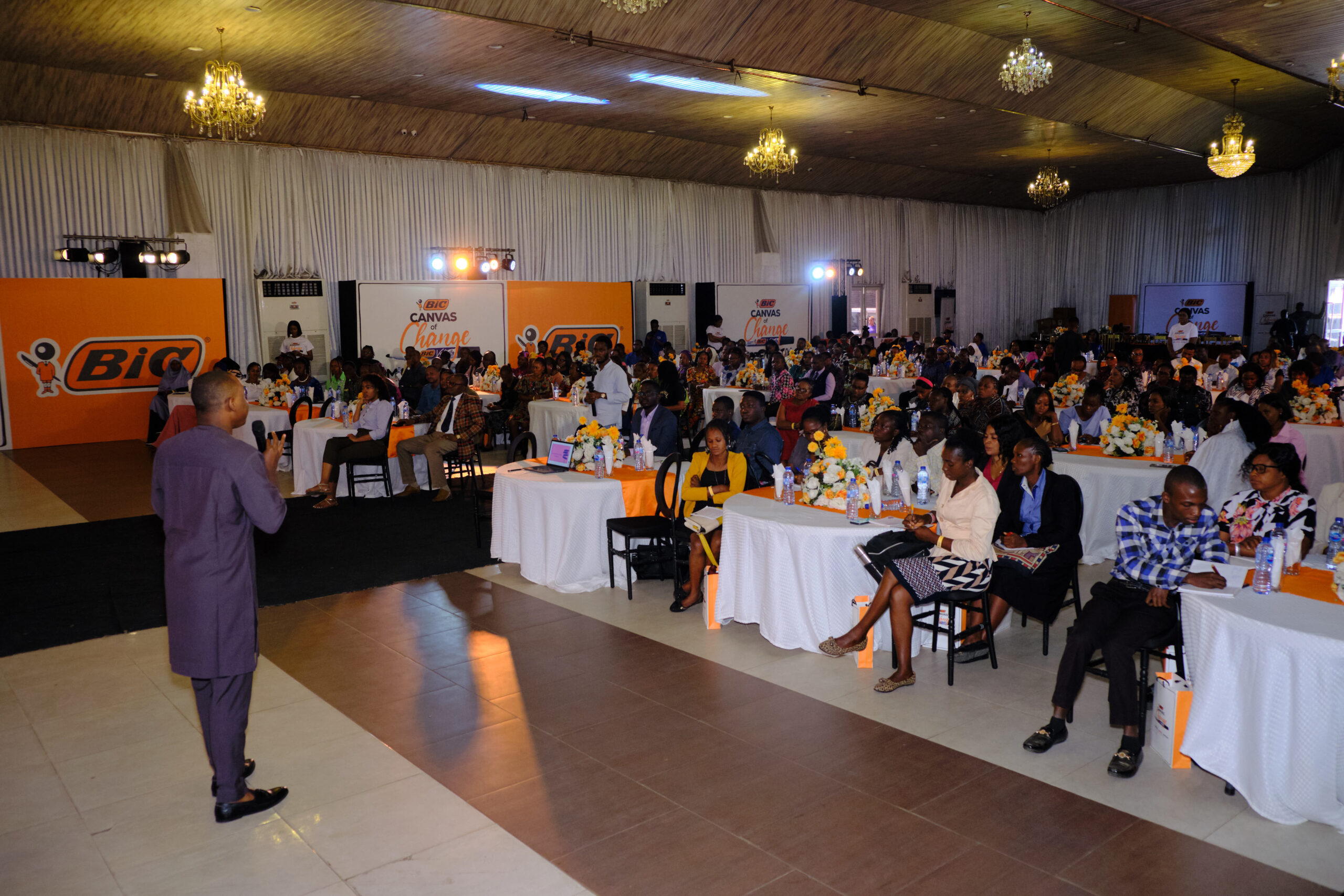
Beyond assessments, feedback, and feedforward, constructing lessons to revolutionize and elevate students’ thinking processes is crucial in academic institutions and beyond. Oluwaseun Kayode, Founder of Schoolinka, took hundreds of teachers through the Bloom’s Taxonomy of Learning at the Canvas of Change Masterclass event by BIC. The guiding principle for teaching focused on shifting students’ mindsets from learning to remember to learning to create.
Commenting on the importance of the methodology, Kayode said: “With a mindset predisposed to create, students are able to combine different concepts and ideas to create, design and develop new things —positioning them to play active roles in engendering innovations and proffering solutions to the complex problems in today’s society.”
Evidently, education today has transcended the planes of imparting statutory knowledge to tick the box and advance past classes. Choosing not to embrace this reality puts students at a colossal disadvantage as they end up being unprepared for life outside the classroom. The education system is catching up and non-academic organizations are investing in this sector. However, there is still a long way to go in Nigeria and beyond. Education is an ongoing learning process, and techniques and methodologies will continue to develop as we move forward, and as the world sees more innovation, digitization, and globalization. It is imperative to keep moving and adapting, to ensure upcoming generations are ready and adept for the future.
About BIC Canvas of Change Initiative
Stemming from its global commitment to improve learning conditions for 250 million students by 2025, BIC has recently launched its Canvas of Change program in West Africa. The program was launched in October in commemoration of Teacher Appreciation Month. Canvas of Change aims to empower students, teachers, and parents to create meaningful and impactful change to make a lasting difference in generations to come. The Canvas of Change targets schools in Nigeria and Ivory Coast and is a phased year-long initiative. The program kicked off in Nigeria today at a masterclass run in collaboration with renowned educators, Femi Taiwo, Opeifa Olasunkanmi, and Oluwaseun Kayode. The sessions targeted hundreds of schools and educators in Lagos and focused on delivering teaching strategies, tactics, and methodologies to further support teachers to bring the best to their classrooms and inspire and empower their students. BIC’s Canvas of Change masterclass is the first phase of a series of activities that will take place in West Africa throughout the upcoming academic year. The program stems from BIC’s global commitment to improve learning conditions for 250 million students by the year 2025, as part of its sustainable development program, Writing the Future Together, which aims to improve the company’s societal and environmental footprint. On the sidelines of the Canvas of Change program launch, and stemming from the same commitment, BIC inaugurated the renovation of Wesley School in Lagos after it had refurbished some of its facilities. It also donated stationery products worth 1M NGN to three schools following a raffle draw at the masterclass. This came as an early commemoration of the annual Global Education Week which BIC regularly celebrates.
About BIC
A world leader in stationery, lighters, and shavers, BIC brings simplicity and joy to everyday life. For more than 75 years, the Company has honored the tradition of providing high-quality, affordable, essential products to consumers everywhere. Through this unwavering dedication, BIC has become one of the most recognized brands and is a trademark registered worldwide. Today, BIC products are sold in more than 160 countries around the world and feature iconic brands such as BIC Kids™, BIC FlexTM, BodyMark by BICTM, Cello®, Djeep, Lucky Stationery, Rocketbook, Soleil®, Tipp-Ex®, Us. TM, Wite-Out®, and more. In 2022, BIC’s Net Sales were EUR 2,233.9 million. The Company is listed on “Euronext Paris,” which is part of the SBF120 and CAC Mid 60 indexes and is recognized for its commitment to sustainable development and education. It received an A- Leadership score from CDP. For more, visit about.bic.com or follow us on LinkedIn, Instagram, Twitter, or YouTube.
Add a comment
